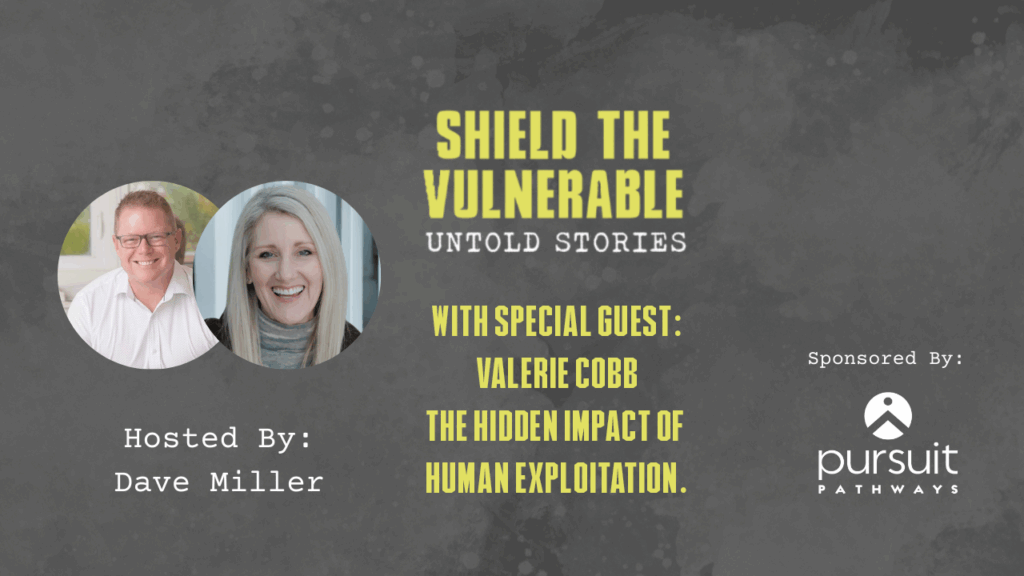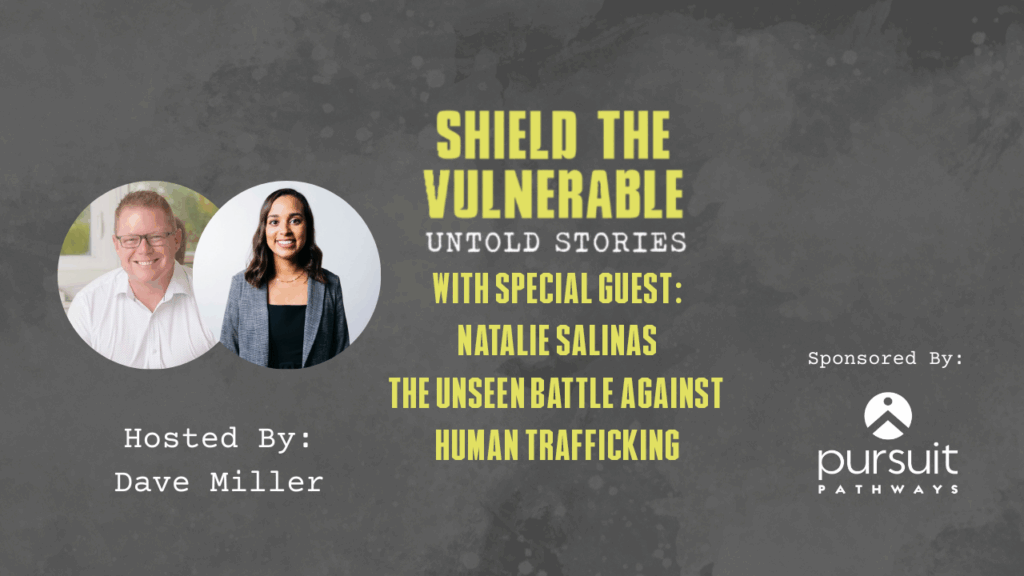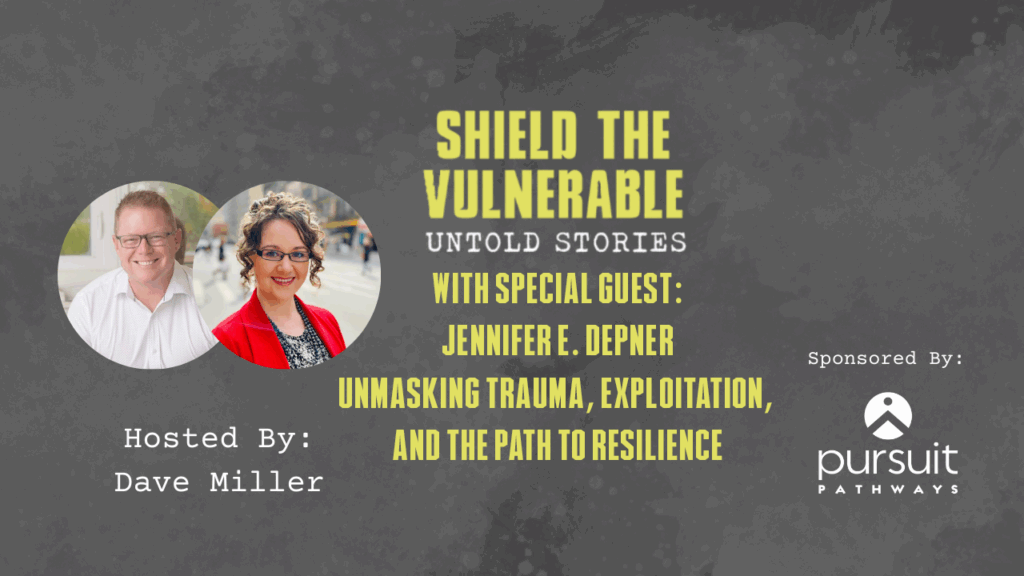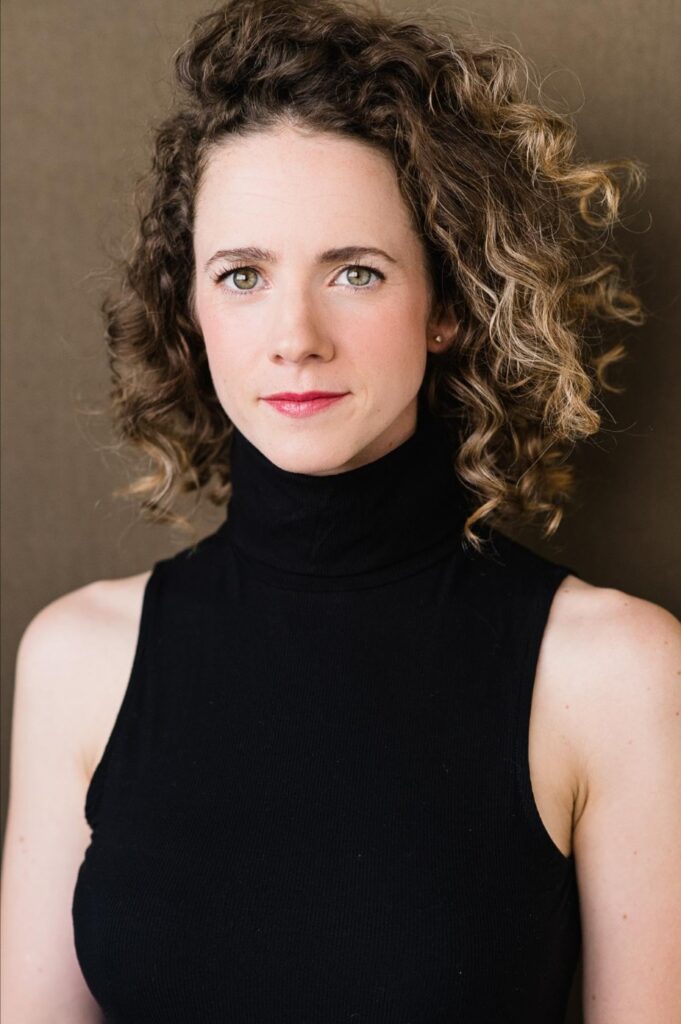Shield the Vulnerable: Untold Stories From Filmmaker to Advocate: A Journey to Expose Human Trafficking
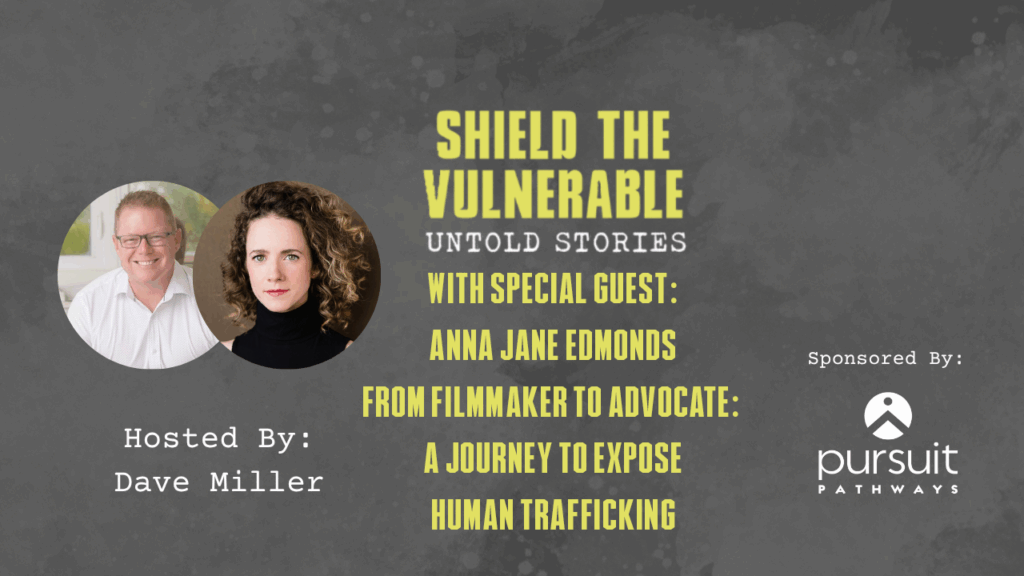
When Canadian filmmaker AJ Edmonds first heard about human trafficking along Ontario’s Highway 401, she didn’t yet realize how close to home the issue really was. Growing up near the 401 in Kingston, she thought she understood the world’s dangers—after all, she had been exposed to post-conflict zones and humanitarian work from a young age. But what she discovered would change the course of her life and career.
In this episode of Shield the Vulnerable: Untold Stories, AJ shares the journey behind her documentary “Dark Highway”—a raw and revealing look into Canada’s hidden human trafficking corridor—and how storytelling became her weapon against an invisible crime.
The Road She Thought She Knew
AJ spent her childhood crossing Highway 401 to visit family in Toronto, London, and Windsor. It was a routine, familiar part of life—one that never hinted at the exploitation happening just off the exit ramps. That changed when a fellow producer approached her with a project idea: a documentary about human trafficking in Ontario.
Curious but unaware, AJ began researching. A single Google search—“Where does human trafficking happen in Ontario?”—opened a floodgate of information. It wasn’t buried in the dark web. It was out in the open. Survivors were speaking. Statistics were alarming. And all signs pointed back to the 401.
“I can’t pretend I don’t know,” she said. “Once I learned the truth, I felt responsible to tell it.”
The Survivors Who Changed Her
AJ reached out to two survivor leaders—Kelly Tallon Franklin and Katarina MacLeod. Both women had been trafficked in Canada and were now dedicating their lives to helping others escape and heal. Their stories—and their strength—became the emotional spine of “Dark Highway”.
Unlike many documentaries that simply extract sound bites from survivors, AJ embedded herself in their journey. She stayed in constant communication, shared full interview questions in advance, and even appeared on screen with some participants to ensure comfort and trust. “This wasn’t an investigation,” she explained. “It was a shared discovery.”
Through it all, she learned one thing clearly: the real experts in this space are the survivors.
The Dark Highway is Closer Than You Think
Highway 401 is the busiest road in North America and a major trafficking route. But the crime isn’t always obvious. It doesn’t look like a Liam Neeson movie. Victims aren’t always kidnapped and locked away. In many cases, they live at home, go to school, and return to their traffickers during lunch breaks.
The average age of entry into trafficking in Canada is just 13 years old. For Indigenous girls, it’s as young as eight. Predators build trust slowly—online, in schools, or in friend groups—before exploiting vulnerability.
And most victims? They’re Canadian-born.
What Happens After “Escape”?
In her research, AJ realized there’s a missing piece in most conversations about trafficking: what happens after someone gets out?
“There was almost nothing about life after exiting,” she said. “It’s not like you leave and everything goes back to normal. Survivors need support for years—decades even.”
This realization drove her to center the film not just on trauma, but on healing, community, and the long-term support survivors need. “Dark Highway” challenges us to stop asking just how trafficking happens—and start asking what we’re doing to help those who survive it.
This Isn’t Just a Film—It’s a Tool
AJ didn’t want “Dark Highway” to sit on a festival shelf. She partnered with Courage for Freedom, a Canadian nonprofit, to pair the documentary with survivor-led training for schools, social workers, and frontline responders.
Whether screening it in high schools or police training rooms, the goal is the same: to educate before exploitation happens—and support after it ends.
AJ calls it “the beginning of a conversation, not the end.”
What Parents and Communities Need to Know
- Trafficking doesn’t always look violent. It often begins with manipulation, not force.
- Survivors need long-term care. Exiting trafficking is just the beginning.
- Kids often know what’s happening to their peers. But fear and shame prevent them from speaking out.
- Safe adults matter. Every child should know at least one grown-up they can trust with anything.
- Survivors must lead the fight. Their lived experience is the key to prevention and support.
Conclusion
AJ Edmunds never set out to become an activist. But like many of the survivors in her film, once she saw the truth, she couldn’t look away. “Dark Highway” is more than a documentary—it’s a powerful act of witnessing, built to give voice, restore dignity, and drive change.
If you’ve ever driven the 401 or assumed human trafficking was a foreign problem, this film will make you look again—and ask: How can I help shield the vulnerable?
On Shield The Vulnerable: Untold Stories, host Dave welcomes Valerie Cobb, CEO of The Impact Book. A successful entrepreneur and advocate, Valerie shares insights on exploitation, human trafficking, and workplace violence, emphasizing the need for awareness, education, and action.
In this episode of Shield The Vulnerable: Untold Stories, Natalie Salinas discusses the harsh realities of human trafficking, exploitation, and workplace violence. Learn about the emotional and financial toll of these issues and how awareness can help prevent them.
In this episode of Shield The Vulnerable: Untold Stories, Natalie Salinas discusses the harsh realities of human trafficking, exploitation, and workplace violence. Learn about the emotional and financial toll of these issues and how awareness can help prevent them.
In today’s evolving work environment, employee engagement goes beyond simply showing up. In a recent conversation featured on Shield the Vulnerable: Untold Stories, Dave sat down with Adam Hickman….
In this powerful episode of Shield The Vulnerable: Untold Stories, Cheryl Greenfield shares her harrowing yet inspiring story—from childhood sexual abuse by a family member to decades of silence, trauma, and inner battles.
About Anna Jane Edmonds
From a foundation in professional acting to leading the production of raw, justice-driven films, Anna Jane has carved a path that blends artistry with advocacy.
Her documentary Dark Highway exposes the grim reality of sex trafficking along Ontario’s 401 corridor—shining a light on survivor stories and systemic failures too often left unexamined.
With a steady voice and an unflinching lens, she weaves together perspectives from survivors, law enforcement, legal experts, and front-line workers.
Her storytelling is both intimate and unrelenting—offering not just awareness, but a call to action.
On screen, Anna Jane’s performances are grounded and deeply human, drawing from a reservoir of empathy and lived conviction.
Off screen, she is a driving force behind content that challenges institutions and dares to confront uncomfortable truths.
Her work is not just creative—it’s courageous.
With every project, she invites audiences to look deeper, feel more, and demand better.
Anna Jane Edmonds is not just telling stories—she’s rewriting the ones we’ve ignored for too long.

